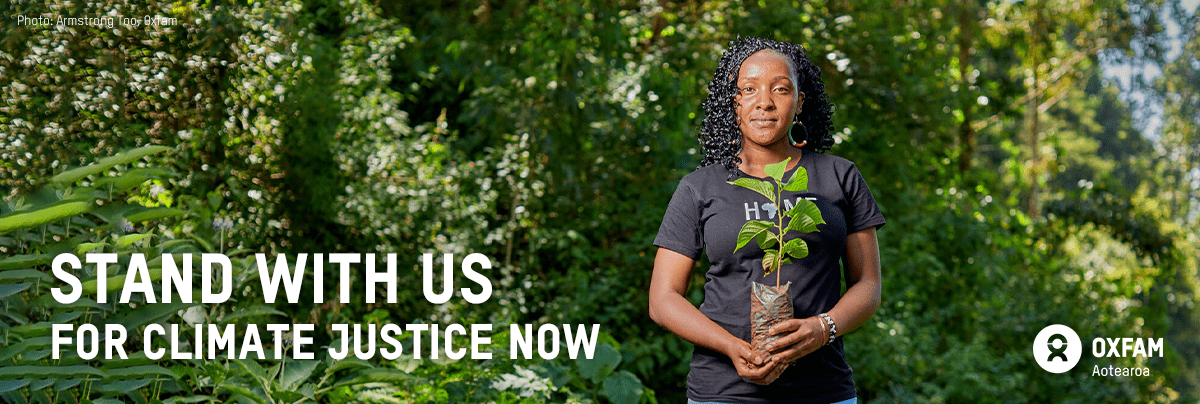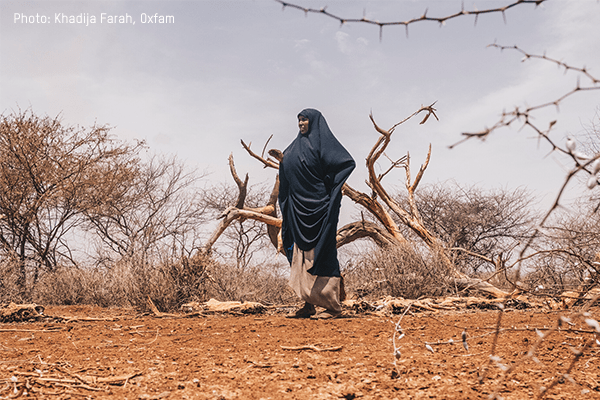Oxfam Aotearoa communications and advocacy director Dr Jo Spratt said about the Commitment to Reducing Inequality index:
“The inequality index shows Aotearoa is doing pretty well overall, but there is still work to be done. The fact that rich and poor countries alike have exacerbated an explosion of economic inequality since the outbreak of the pandemic from 2020 is unacceptable.
“Billionaire wealth and corporate profits have soared to record levels during the Covid-19 pandemic, while over a quarter of a billion more people could crash to extreme levels of poverty this year because of coronavirus, rising global inequality, and the shock of food price rises supercharged by the war in Ukraine.
“Tax is one of the most powerful tools we have to fight inequality. It is disappointing to see New Zealand’s tax system contributing to the gap between the rich and poor. Especially in these extraordinary times, tax is crucial to boosting government resources to support welfare systems and public services.
“An excess profits tax on supermarkets could be used to support the poorest households most hit by the increase in food prices. Excess profits and windfall tax revenues can help tackle the biggest challenges of our times like the explosion in inequality and the climate crisis.”
The 2022 Commitment to Reducing Inequality Index (CRI Index) is the first detailed analysis into the type of inequality busting policies and actions that 161 countries might have pursued during the first two years of the pandemic.
New Zealand ranks eighth overall, and seventh in the world on tax progressivity. The index found that New Zealand’s tax system is effective at collecting revenue; however, this comes at a cost as New Zealand’s tax system makes a direct contribution to an unequal income distribution. On this, New Zealand ranks 136th in the world. Oxfam says the Government has made some progress since 2020 by slightly increasing the top income tax rate, but needs to do more by taxing wealth and exploring better ways to tax corporate profits.
The table below shows New Zealand’s ranking on the key indicators that make up the CRI.
INDICATOR | RANK |
PUBLIC SERVICES |
|
Education spending | 98 |
Social protection spending | 35 |
Health spending | 9 |
Public service spending average of indicators | 14 |
Public service implementation | 18 |
Public service impact on inequality (Gini) | 33 |
Progressivity of public services | 22 |
TAX |
|
Tax policy | 91 |
Tax productivity | 3 |
Tax impact on inequality (Gini) | 136 |
Progressivity of tax | 7 |
LABOUR |
|
Labour rights | 74 |
Women’s labour rights | 29 |
Minimum wage | 35 |
Labour policy average of indicators | 50 |
Coverage of labour rights | 36 |
Wage impact on inequality (Gini) | 53 |
Progressivity of Labour Legislation | 35 |
OVERALL RANK |
|
Commitment to reducing Inequality | 8 |







